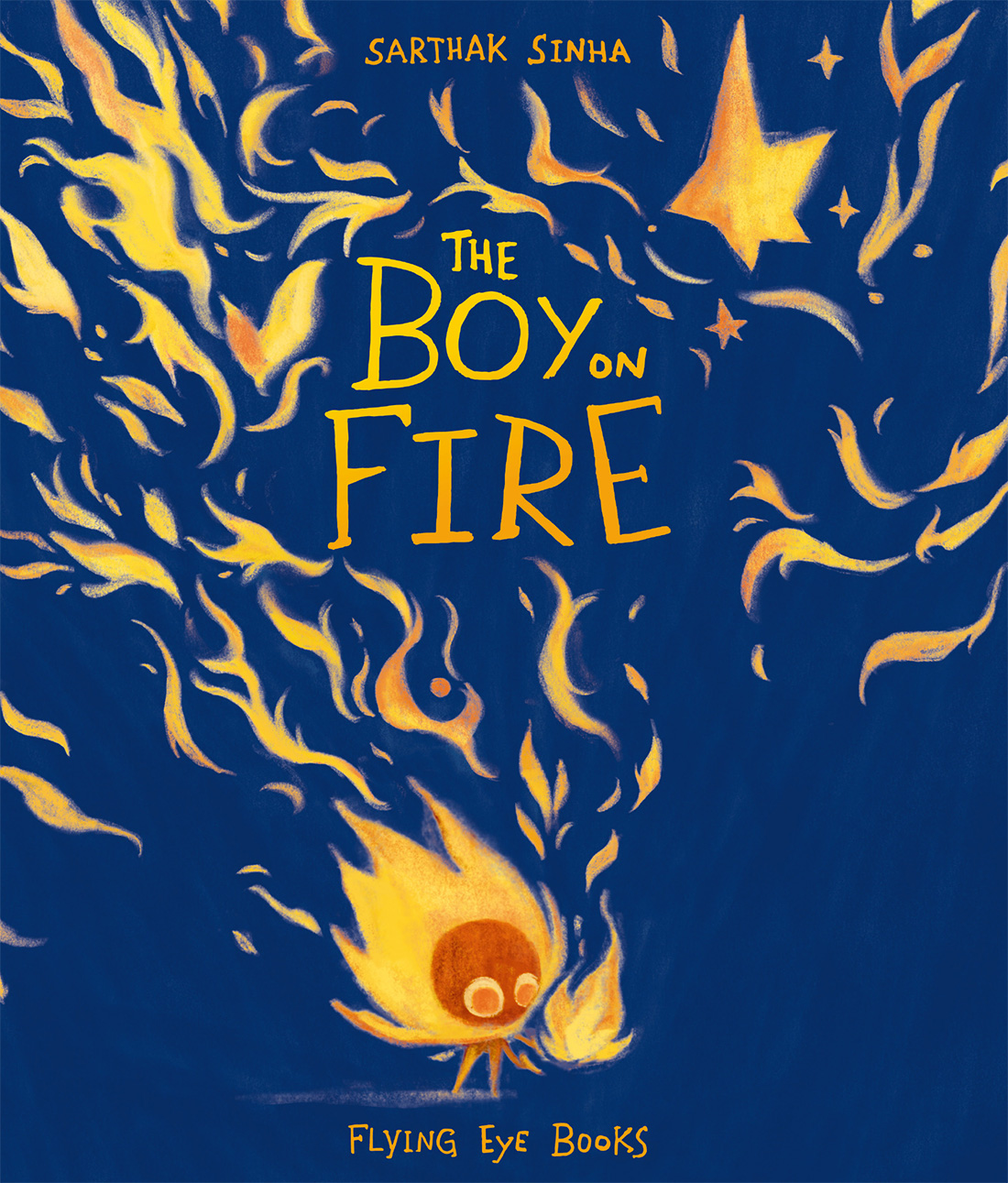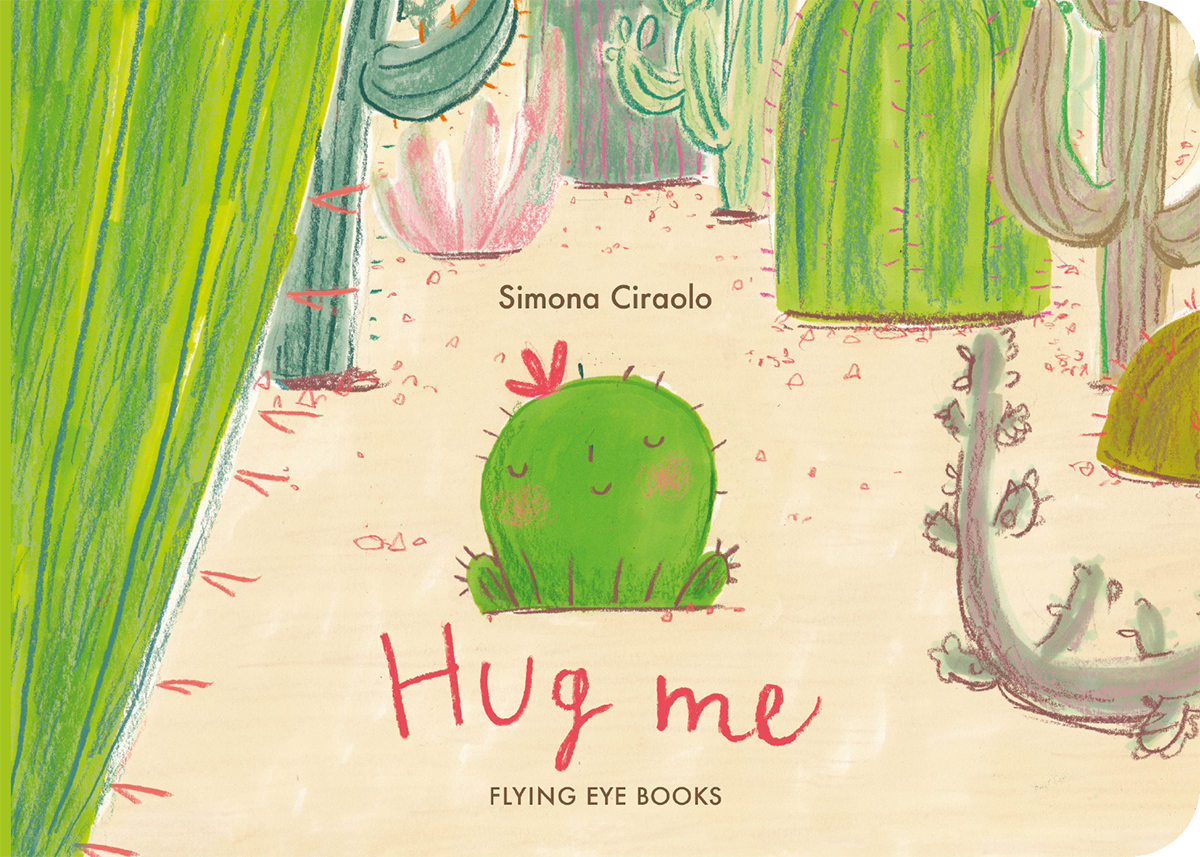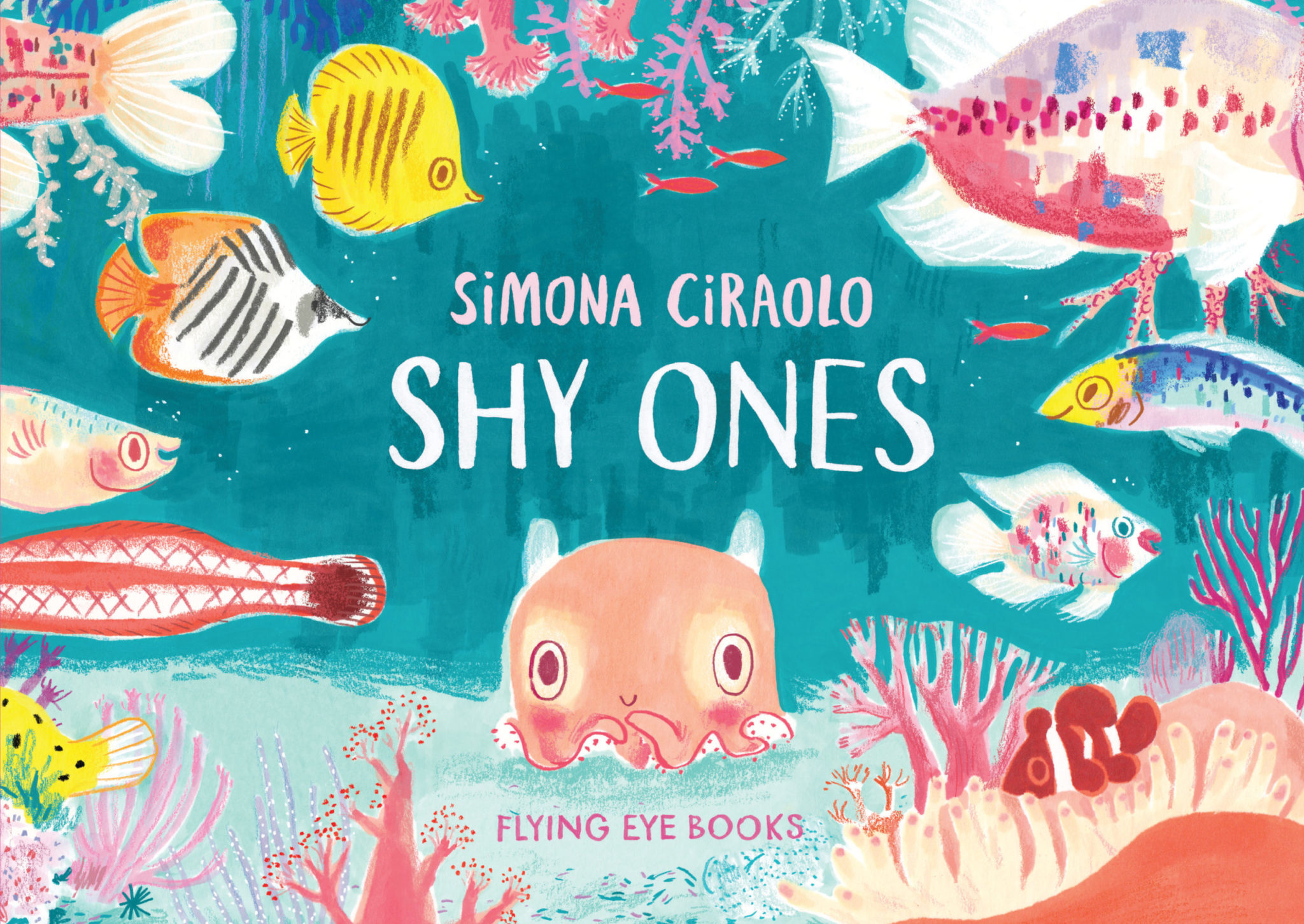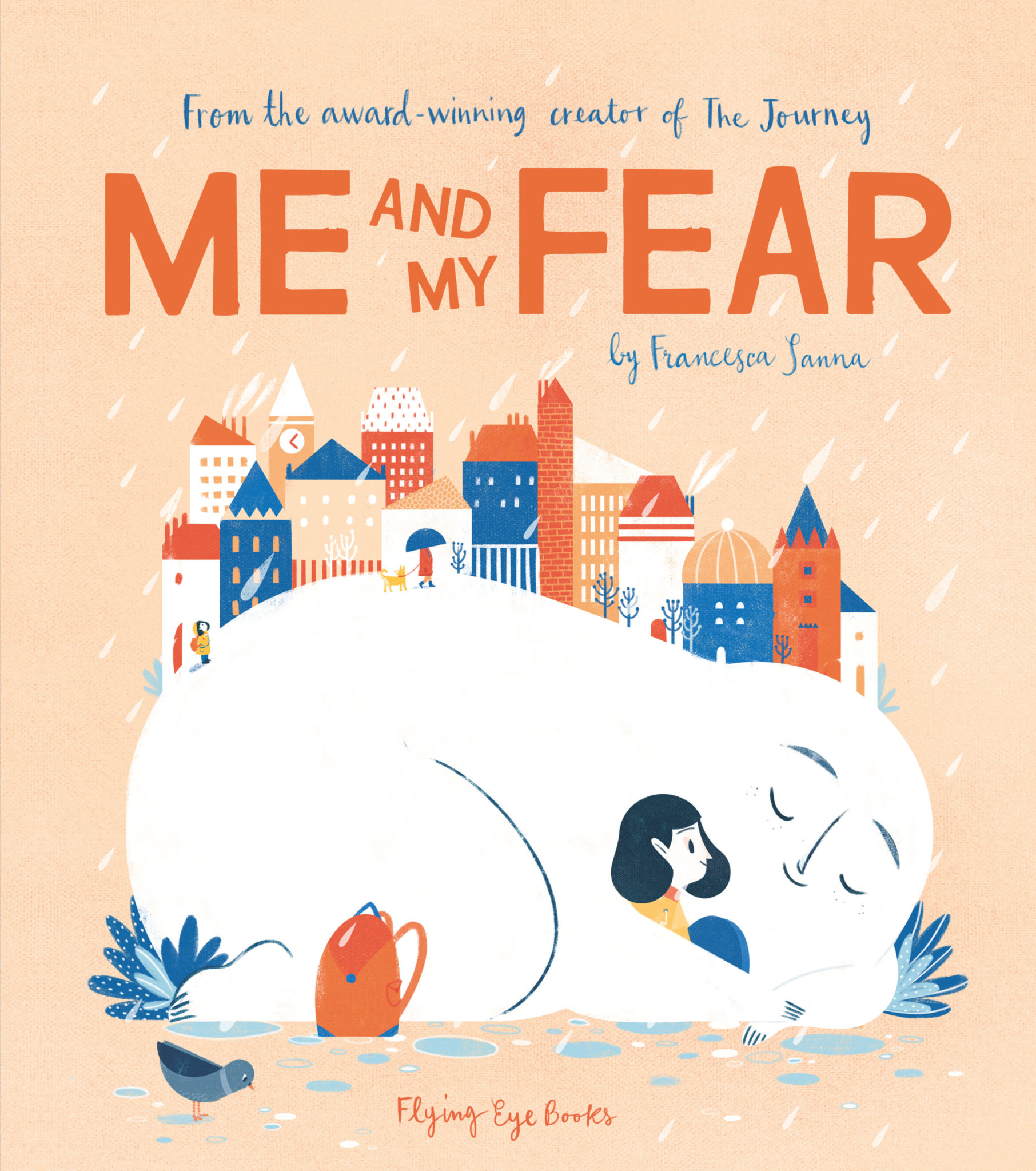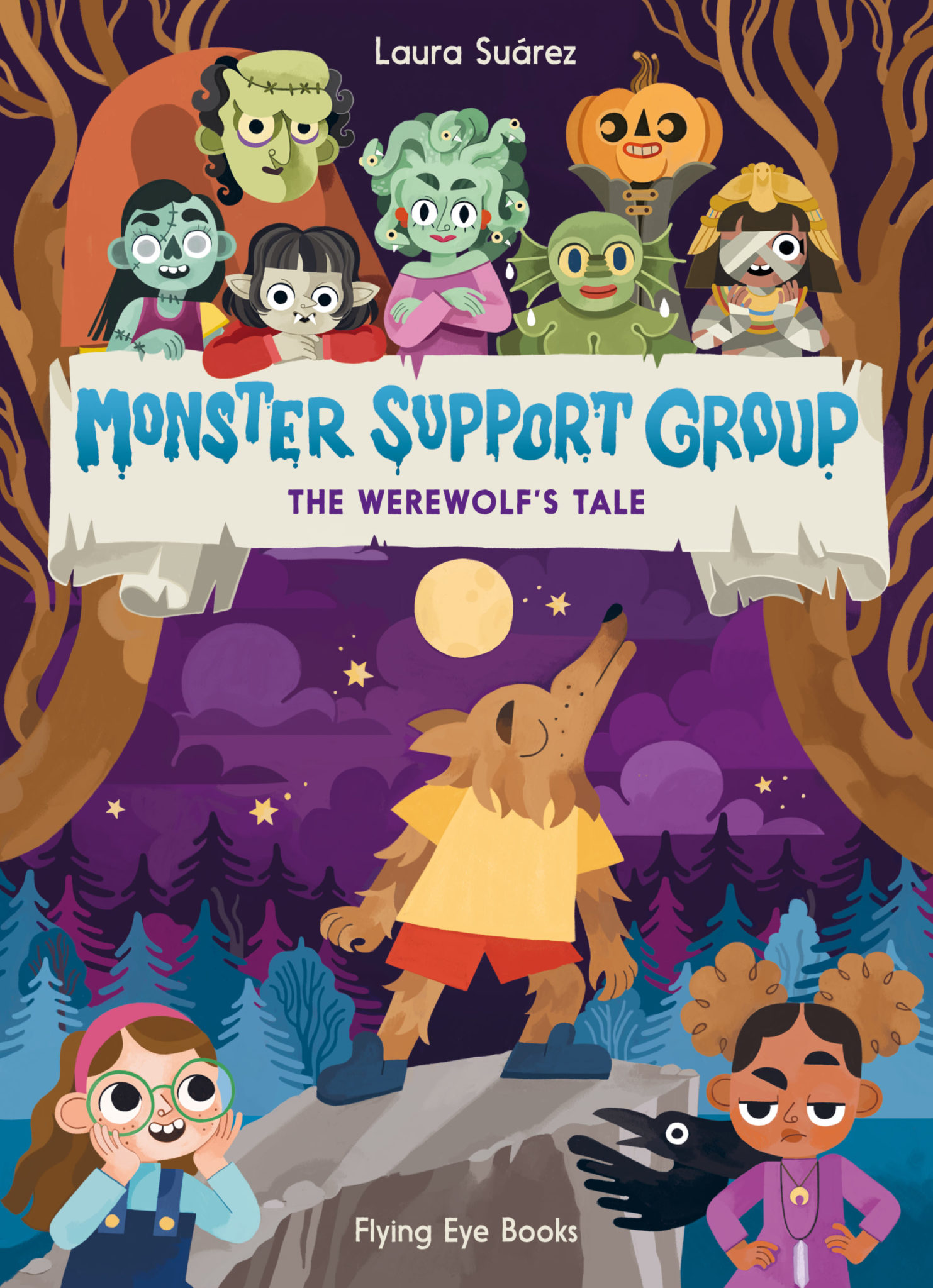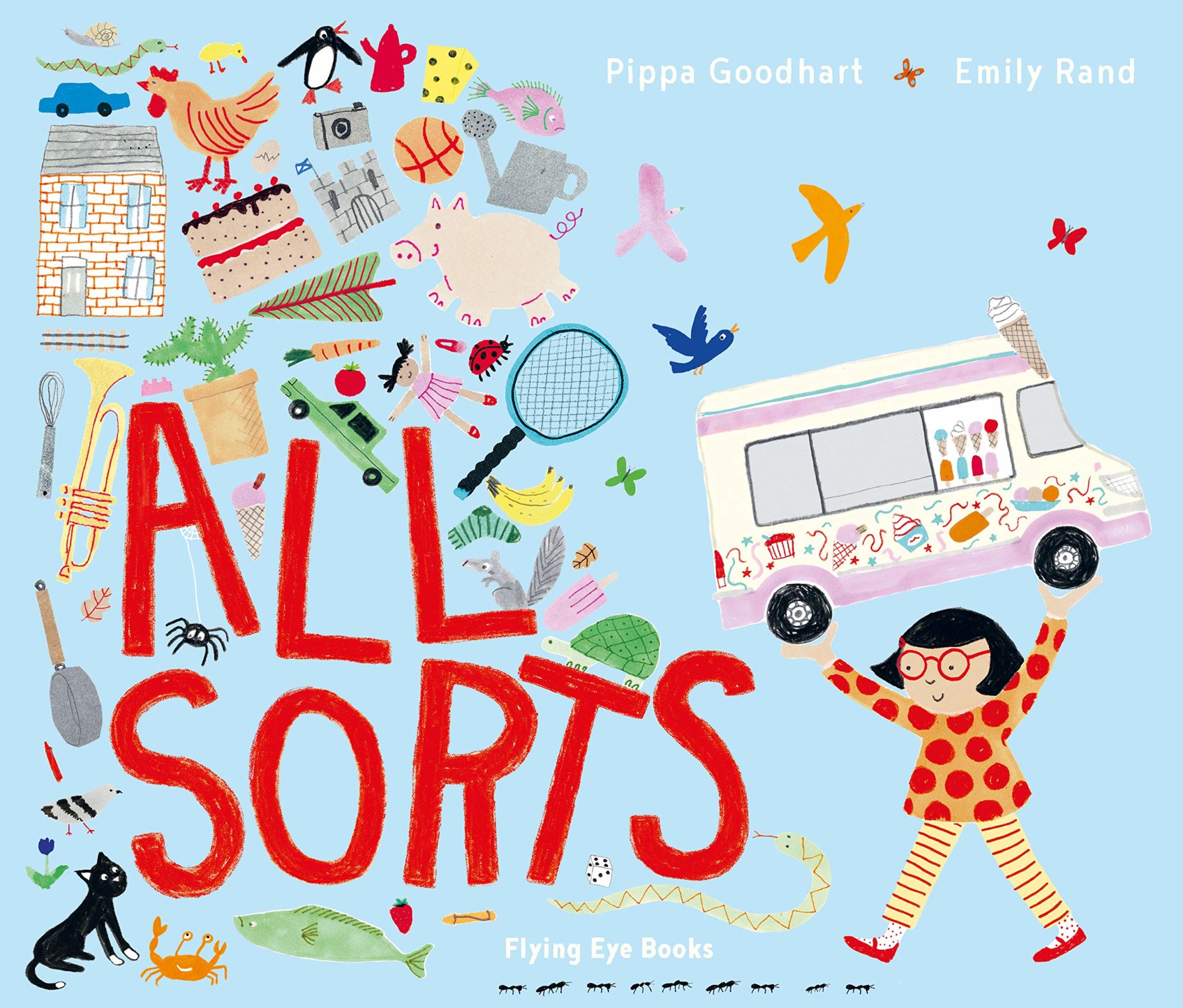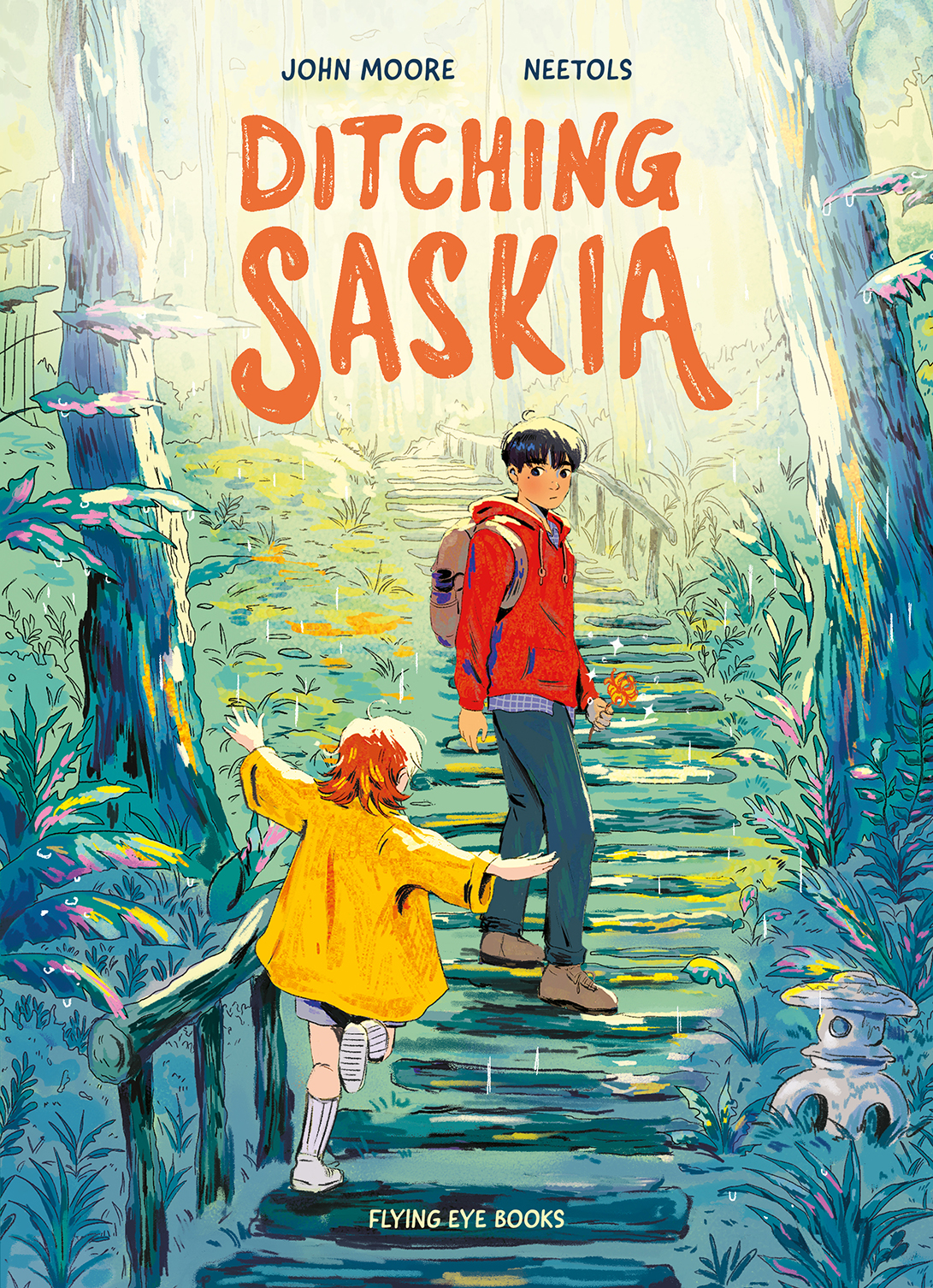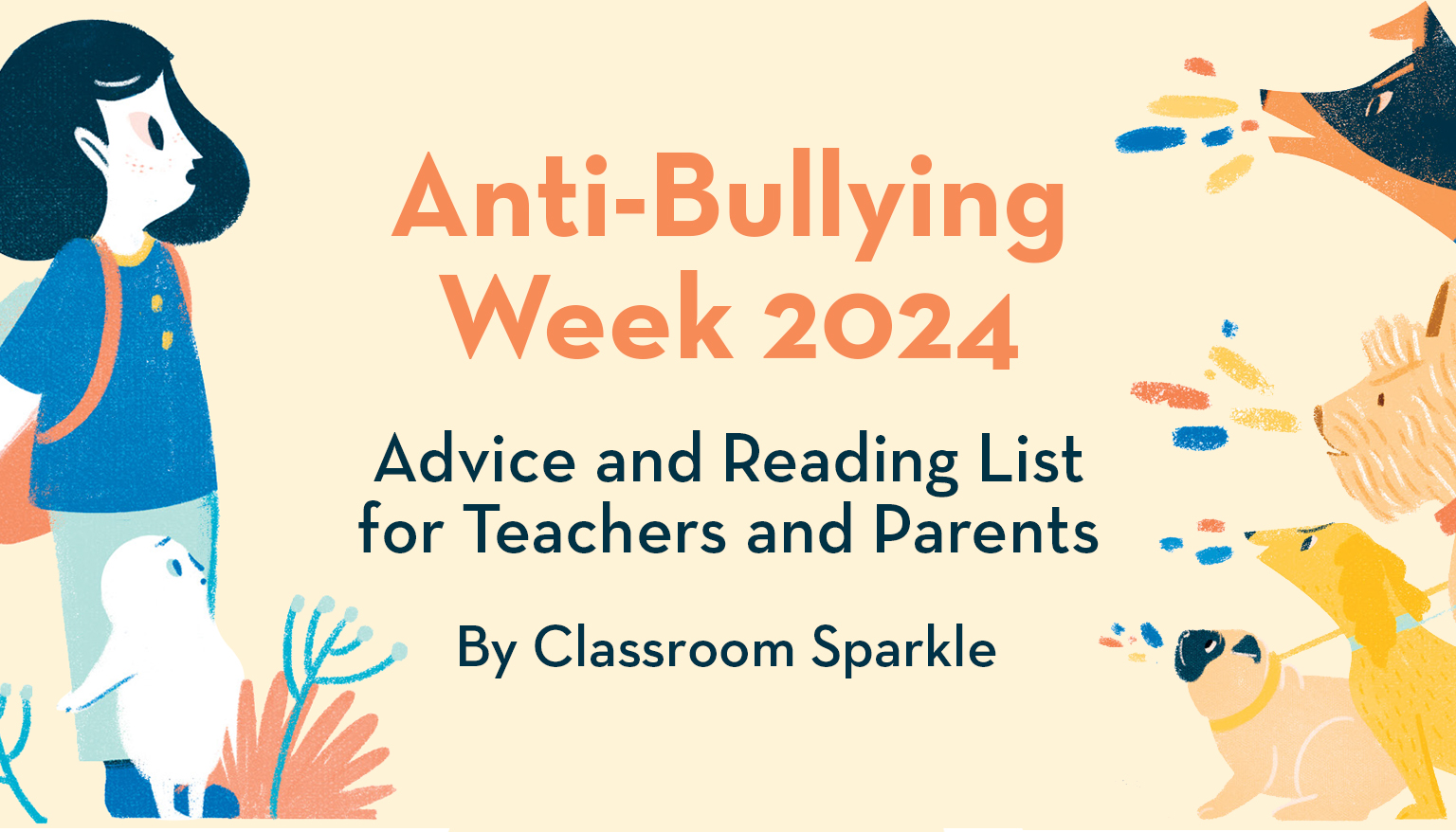
November 11th – 15th is Anti-Bullying Week 2024 in England, Wales and Northern Ireland. We invited Natalie, the primary school teacher behind Classroom Sparkle, to share her anti-bullying advice for teachers and parents.
What is Anti-Bullying Week?
Anti-Bullying week is an important week in which you can help raise awareness and discuss strategies with your children in order to tackle bullying. I’m going to explain how you can do this for both teachers and parents, so that you are best prepared for any questions and problems that your pupils/children may have.
What is Bullying?
First of all, let’s unpick the word ‘bullying’. All of us, at some point, have come across the word ‘bullying’ and we might think that we fully grasp the concept. However, bullying can be multi-faceted and it’s important that we know what bullying actually is, so that we are ready for any difficult conversations with our children. Here are the different types of bullying:
- Physical
- Verbal
- Relational
- Cyber
- Sexual
- Prejudicial
It is important that we are aware of what this looks like and how it presents in the classroom in order to be supportive. If you would like to read more about this, check out Anti-Bullying websites that will explain this in greater detail.
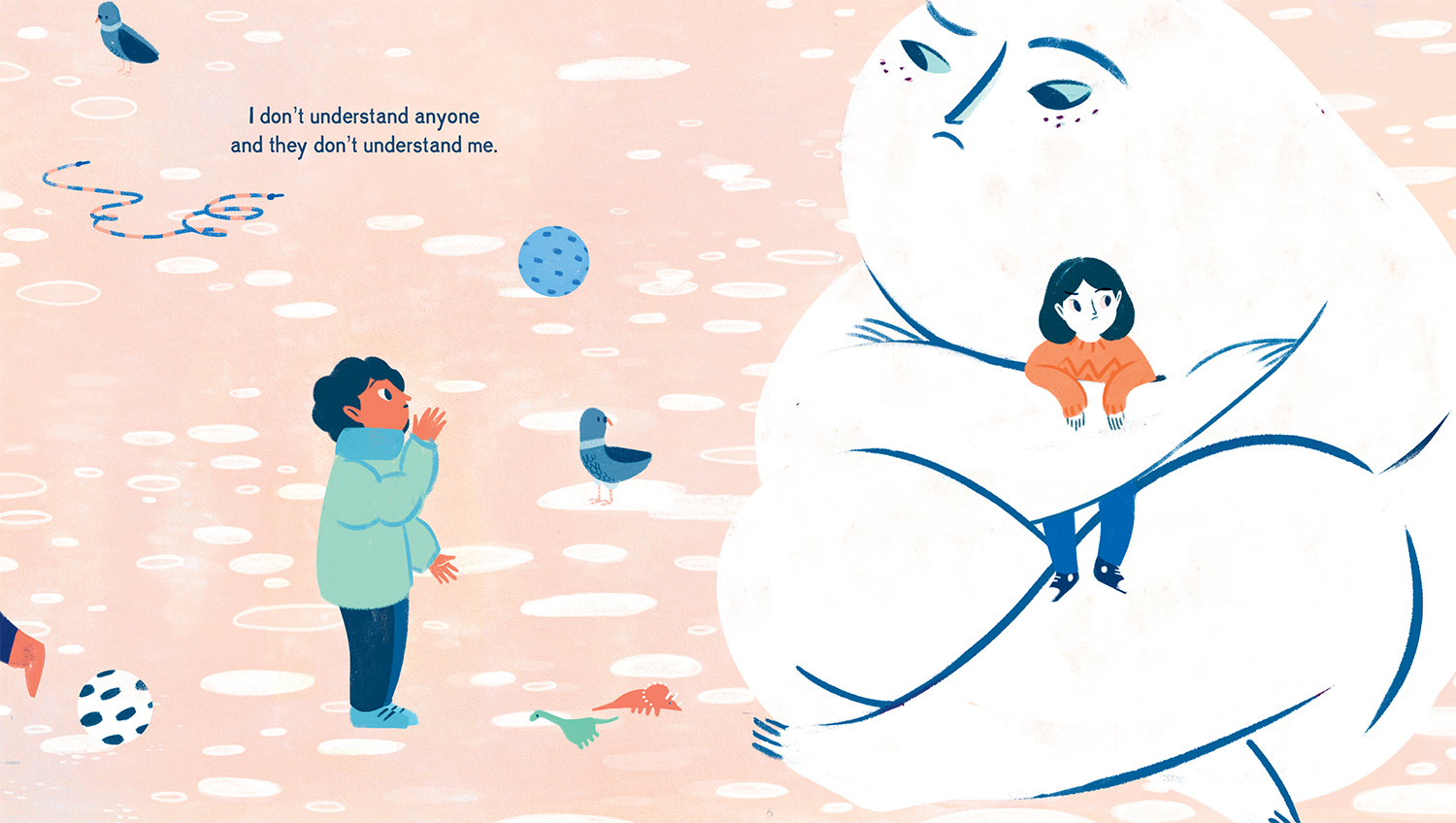
What Teachers and Schools can do to Help
Schools have a legal duty of care towards their pupils and a responsibility to prevent bulling amongst them. So, what can teachers do to support this?
- Be a ‘telling’ school – pupils should know who their five trusted adults are and how to approach them about bullying.
- Mentoring– Have a playground buddy system set up, so pupils can talk to someone their own age – this also helps everyone in the school learn that bullying is not acceptable.
- Story Time – There are plenty of fantastic books about accepting others for who they are and books that feature bullying as their storylines. (See suggested reading below.)
- Challenge all forms of offensive or discriminatory language– let your pupils know that it is unacceptable to say certain things to others – make this explicit!
- Take time to talk to pupils– make sure that your pupils know that they can come to you to talk about bullying and lead circle times with bullying as a theme.
- Restorative justice – brings all pupils together so everyone affected plays a part in repairing the harm and finding a positive way forward.
Advice for Parents
Having a discussion with your child about bullying can be difficult, so it’s helpful to be prepared so that you can support your child with their social interactions. Here are some tips on how to talk to your children about bullying:
- Don’t panic – when your child is feeling a range of emotions, it is important that you regulate your own – during this time they need to feel supported.
- Establish the facts – who, what, when, where and how often. You need to work in collaboration with your child’s school. Every school has an anti-bulling policy, make sure you read it.
- Never tell your child to retaliate – Roleplay non-violent ways that your child can respond to children that are bullying them and identify other friends and adults that can support them.
- E-safety – Monitor your child’s interactions online and make sure you have parental control over their apps and devices. Bring other parents in on this, so that you’re not battling this alone.
- Bedtime reading – read stories with your child that are about bullying or about accepting others for who they are. (See suggested reading below.)
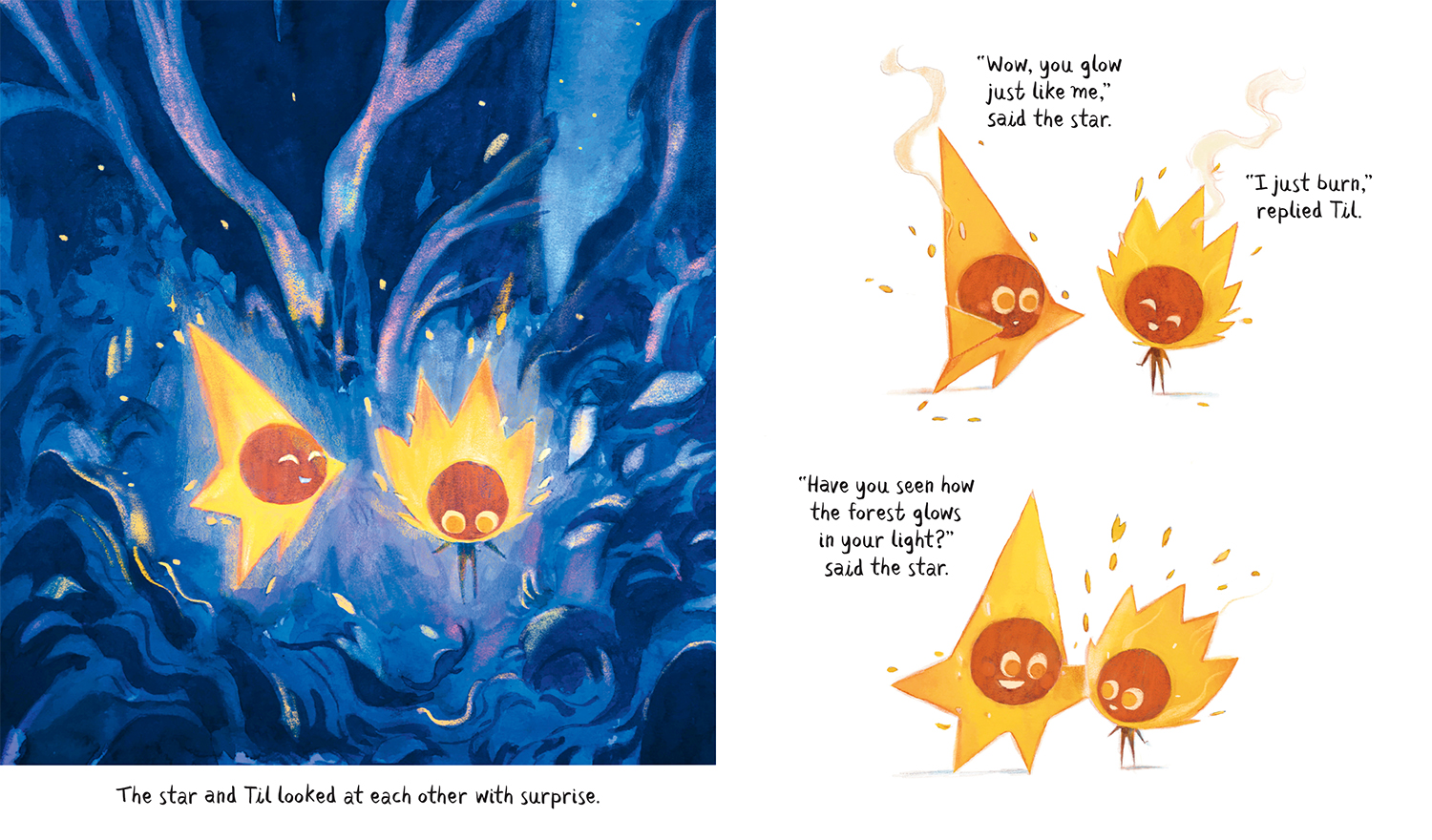
There are many books, websites and resources available online to help support you and your pupils/children with anti-bullying. We’re living in an age of unlimited information at our fingertips, so make sure you spend time, this anti-bullying week, talking about bullying and the strategies we can use to support each other.
Thanks so much, Natalie!
Suggested Reading for Anti-Bullying Week
Children’s and YA books on the theme of “Choose Respect”, and celebrating our differences.
